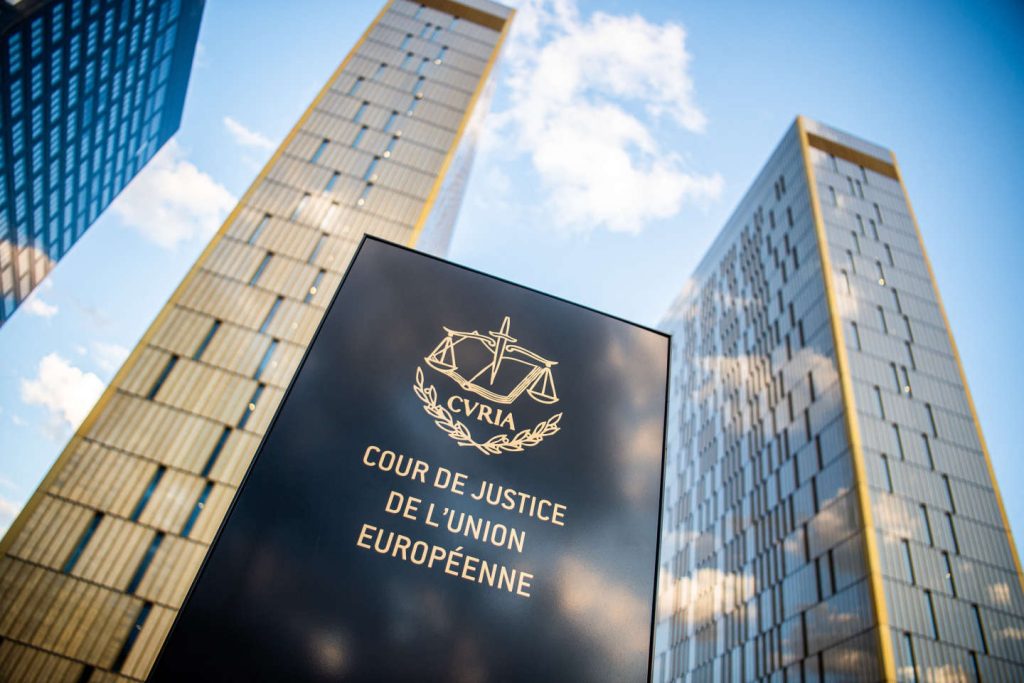
Distraught in civil society after the issuance of a judicial decision on financial transparency
Rarely has a decision by European courts aroused such misunderstanding. On November 22, the 15 judges of the Court of Justice of the European Union (CJEU) declared it illegal for the general public to access records that include the beneficial owners, or real owners, of companies. This measure, introduced by the European Union (EU) in 2018, represents a major step forward in terms of financial transparency. The CJEU ruling therefore seemed like a crushing blow to many specialists in the matter.
“The Court has one day ruled on the result of years of work, particularly on the part of civil society that was at the root of this battle for transparency, says Delia Ferreira Rubio, president of Transparency International. This is the greatest gift a court can give to organized crime. It is possible that it did not adequately measure the consequences of such a decision in terms of regression in anti-money laundering. »
Transparency of beneficiary records was one of the main measures of the European Fifth Directive against money laundering (2018), which was voted on in the context of repeated financial scandals, such as the “Panama Papers”. Gradually opened to the public since 2021 across the EU, these registers list beneficial owners of companies, making it more difficult to hide fraudsters and criminal networks behind candidates and front companies.
This process of transparency, advocated by civil society organizations, was met with opposition from some company owners, who felt that publishing their names violated their privacy. A decision was made on the occasion of a preliminary question by the Luxembourg courts, and the CJEU ruled in its favour. in Her ruling on November 22The Court considers that such transparency is incompatible with the respect for private life and the protection of citizens’ personal data, which is guaranteed by the Charter of Fundamental Rights of the European Union.
Eight countries have already closed their records
The consequences of this decision were not long in coming. Within a few days, several European countries closed access to their records to the public: the Netherlands, Ireland, Malta, Cyprus, Germany, Belgium, Austria and Luxembourg.
We have closed the registry to avoid further prosecution. explains Yves Junner, President of the Luxembourg Register. Access must now be reconsidered as part of the CJEU’s decision, to gain legal certainty of what we can and cannot offer to the public. » A preventive approach criticized by both anti-corruption organizations and European parliamentarians, who, like Ramona Strugario (renewal, centrist) were surprised “This is keenness to comply with European decisions.”
You have 65.55% of this article left to read. The following is for subscribers only.

“Unapologetic pop culture trailblazer. Freelance troublemaker. Food guru. Alcohol fanatic. Gamer. Explorer. Thinker.”
